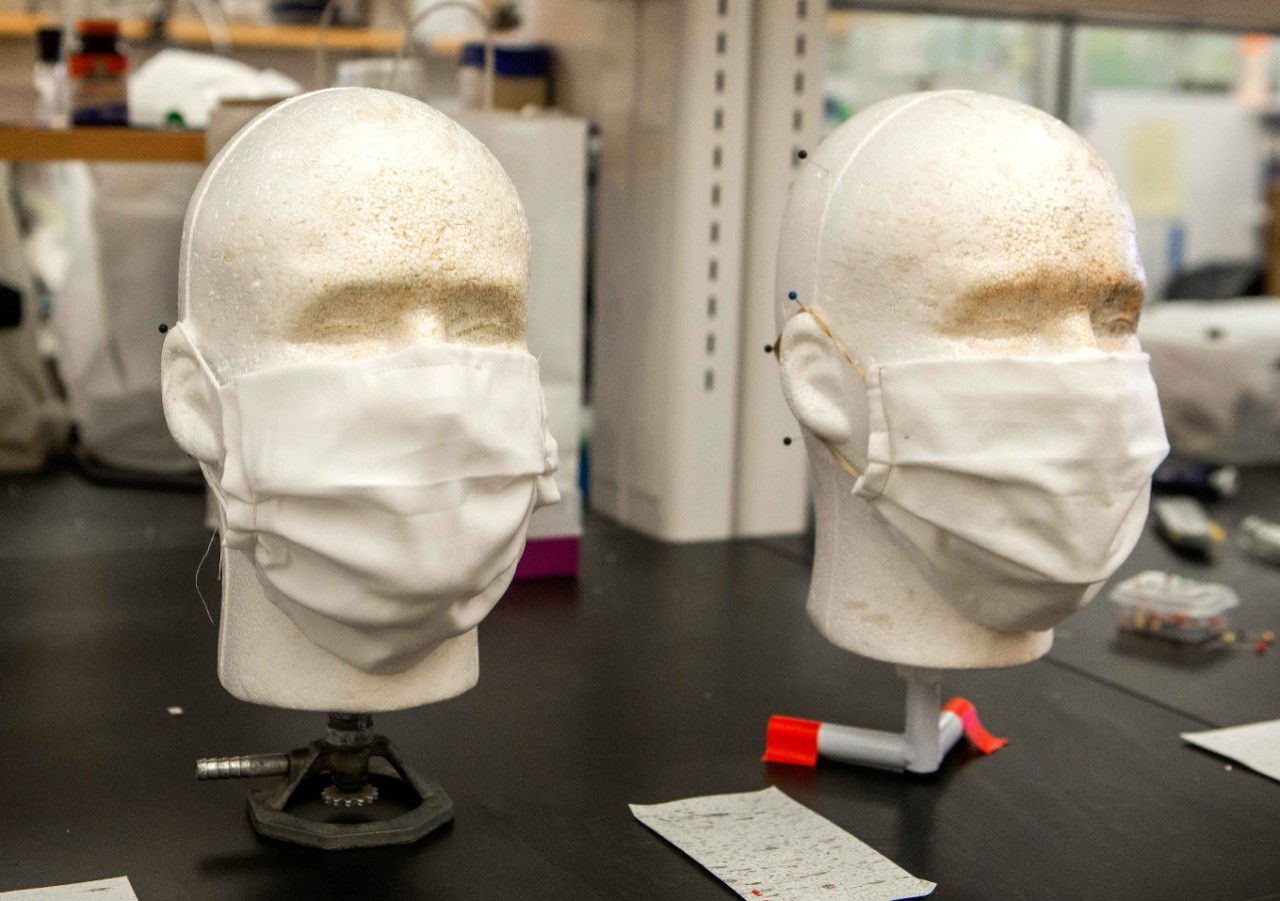
SciTechDaily: Silk offers homemade solution for COVID-19
UC biologist Patrick Guerra found that silk prevents infection better than other fabrics
SciTechDaily highlighted a study by the University of Cincinnati that concluded that silk masks were better at preventing infection from COVID-19 than cotton or synthetic fibers.
UC assistant professor Patrick Guerra and postdoctoral researcher Adam Parlin found that in the absence of a single-use N95 respirator or a surgical mask, homemade masks made of silk were a good alternative. Silk face masks are comfortable, breathable and repel moisture, which is a desirable trait in fighting an airborne virus.
Silkworms that eat mulberry leaves produce silk containing copper, which has natural virus-killing properties.
The study was published in the journal PLOS One.
“We’re trying to address this critical problem. Health care workers still don’t have enough personal protective equipment, namely N95 respirators or basic surgical masks,” Guerra said.
Featured image at top: UC tested face masks on styrofoam heads. Photo/Joseph Fuqua II/UC Creative + Brand

UC assistant professor of biology Patrick Guerra's work with moths and butterflies inspired his research into silk masks during the COVID-19 pandemic. Photo/Lisa Ventre/UC Creative + Brand
Related Stories
Two College Credit Plus high school students receive bachelor’s...
May 4, 2025
Two high school students received bachelor's degrees at the University of Cincinnati's Spring Commencement. Caden Elrod, a senior at Walnut Hills High School in Cincinnati, and Sai Gollamudi, a senior at Centerville High School in Centerville, receive their degrees while also completing their diplomas. They are first high school students in UC's College Credit Plus Program to earn bachelor's degrees.
UC students recognized for achievement in real-world learning
May 1, 2025
Three undergraduate University of Cincinnati Arts and Sciences students are honored for outstanding achievement in cooperative education at the close of the 2024-2025 school year.
Everything you need to know about scents and your hair
May 1, 2025
The University of Cincinnati's Kelly Dobos was featured in an NBC News article discussing the science behind hair fragrances and shampoos.
